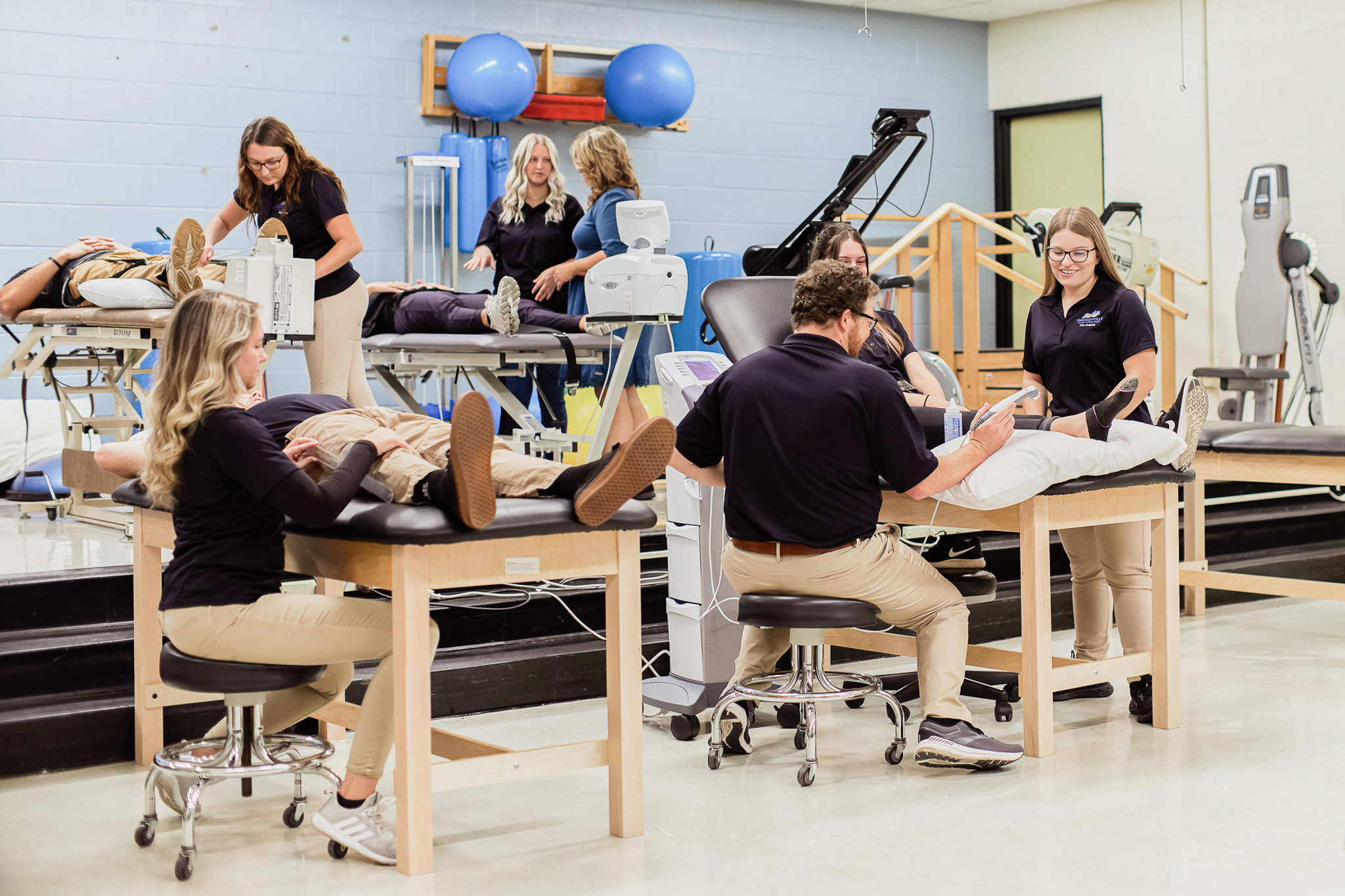
One of the primary goals of cardiopulmonary physical treatment is to enhance heart and lung endurance. After surgery, patients may face reduced endurance, making everyday activities feel more exhausting. Through a carefully structured fitness program, therapists guide patients in incrementally boosting their physical activity levels. This may include activities such as ambulating, bicycling, or specific breathing activities. These activities not only help build strength but also boost respiratory capacity, which is vital for ensuring that the body gains enough air.
Additionally, cardiopulmonary physiotherapeutic therapy highlights the significance of breathing techniques. Many post-operative individuals may struggle with deep respiration due to discomfort or limited mobility. Physical therapists teach patients how to execute deep breathing activities, which can facilitate expand the lungs and eliminate any mucus that may Look At This have accumulated during the recovery process. Appropriate respiratory techniques are essential to avoid issues such as lung infections, which can occur if the lungs are not functioning effectively. By concentrating on these methods, individuals can enhance their recovery and general pulmonary health.
Another critical element of this type of treatment is education. Physical therapists provide important insight about the recovery process, including what patients can expect during healing. They clarify how to identify danger signs that may indicate complications, helping patients feel more in charge of their well-being. Comprehending the importance of physical activity in recovery allows patients to take an engaged part in their healing process. This enablement is essential for building confidence and promoting a constructive perspective during recovery.
In summary, cardio-pulmonary physiotherapeutic treatment is an essential aspect of post-surgical recovery for patients experiencing heart and lung procedures. By focusing on improving heart and lung endurance, instructing respiratory methods, and offering knowledge, therapists empower patients to assume control of their healing. This specialized treatment not only assists in bodily recovery but also supports emotional well-being, making the process of recovery easier and more bearable. With the appropriate assistance and direction, patients can successfully regain their strength and return to their daily lives.